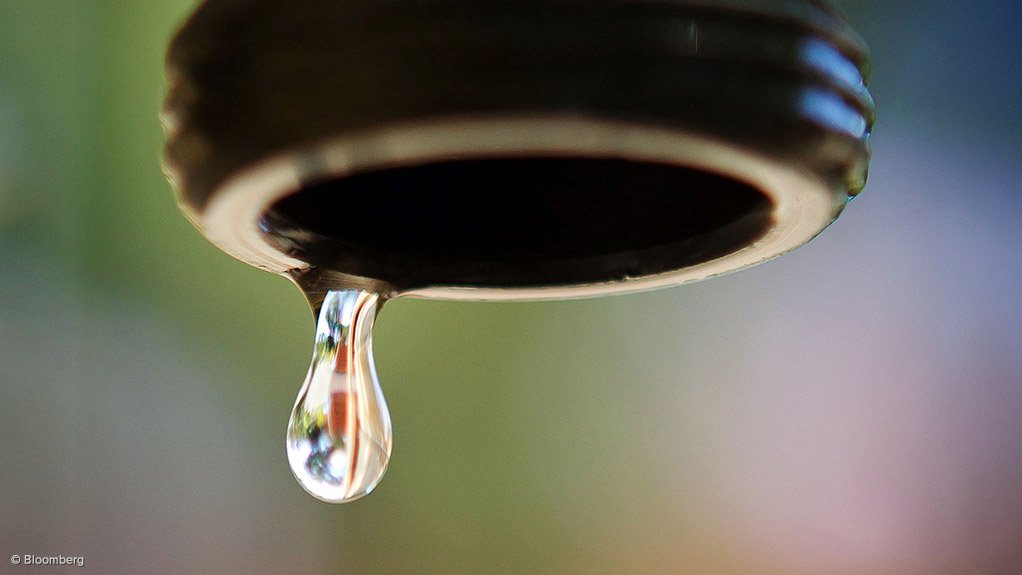/ MEDIA STATEMENT / The content on this page is not written by Polity.org.za, but is supplied by third parties. This content does not constitute news reporting by Polity.org.za.
Coca-Cola Beverages South Africa (CBBSA) has successfully installed a new ceramic water filtration system at its Polokwane bottling plant, promising to deliver almost
R2.6 million in water savings per year.
The system is the first of its kind in South Africa and was installed by Lutralog using a unique German-based technology that has already been deployed in countries such as Denmark, Germany, Turkey, Thailand, and Dubai.
Lutralog has now successfully completed testing the plant which comprises of ceramic membranes and activated carbon filters. The water treatment plant has in total an average water recovery of 88%, compared to 75% using traditional systems. This increased recovery rate amounts to a water loss reduction of 115 million litres a year.
“When we looked to upgrade the collapsed water treatment system supplying our bottling plant in Polokwane, we wanted a system that would vastly improve our water sustainability, particularly in the Limpopo Province where water shortages have affected many local communities,” says Msizi Nzama, Engineering and Sustainability Manager at Coca-Cola Beverages South Africa (CCBSA). “Any water savings that we achieve in our manufacturing process will have a positive impact on the country’s ability to deliver clean water and sanitation services to millions of residents.”
The water treatment plant was installed and commissioned in mid-January 2020. Between February and the end of March, it went into a validation process during which Lutralog’s CERAFILTEC ceramic flat sheet membrane water filtration technology was tested in real-world conditions.
This process focused on plant throughput, as well as organic and inorganic quality parameters and overall plant reliability. Using external accredited laboratories to test the treated water, the plant was found to operate at an average, consistent flow rate capacity of 70m³ per hour and maximising at 90m³ per hour of clean, potable water.
One of the benefits of the system is that it is less complex. Traditional systems use a six-step filtration process, while the ceramic system uses a more efficient four-step process that places less strain on resources. The former requires five-minute flushing of sand filters every 20 minutes while the ceramic technology calls for four-minute flushing only after six hours, substantially reducing additional water demands, maintenance costs and time.
Furthermore, a cloud-based, mobile monitoring and diagnostic IT platform allows controllers to view the entire detailed system in real-time, from anywhere in the world, pre-empting any faults or equipment maintenance requirements. Should software adjustments be needed, these can also be done remotely, cutting down on the time and transport costs of bringing developers onsite.
“By March 2020, the ceramic membranes yielded a recovery rate of 98%, above the projected recovery rate of 96%,” Nzama says. “The total water treatment plant achieved an overall plant recovery rate of 92%, against a projected rate of 88%.
“Based on this performance, the plant will save us 115 million litres of water a year, which we estimate to be R2.5 million in cost savings a year,” concludes Nzama.
Issued by Coca-Cola Beverages South Africa
EMAIL THIS ARTICLE SAVE THIS ARTICLE ARTICLE ENQUIRY
To subscribe email subscriptions@creamermedia.co.za or click here
To advertise email advertising@creamermedia.co.za or click here











